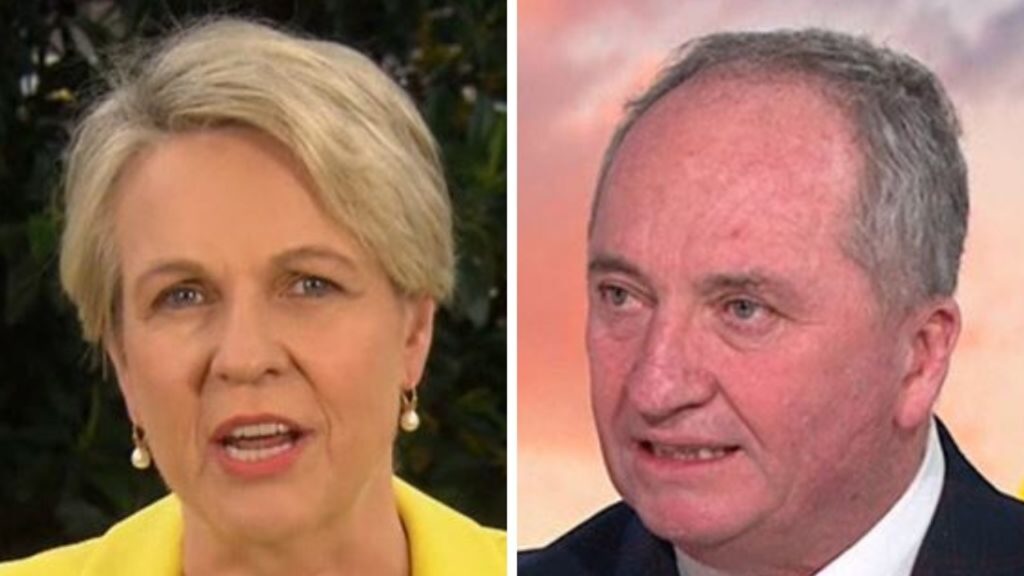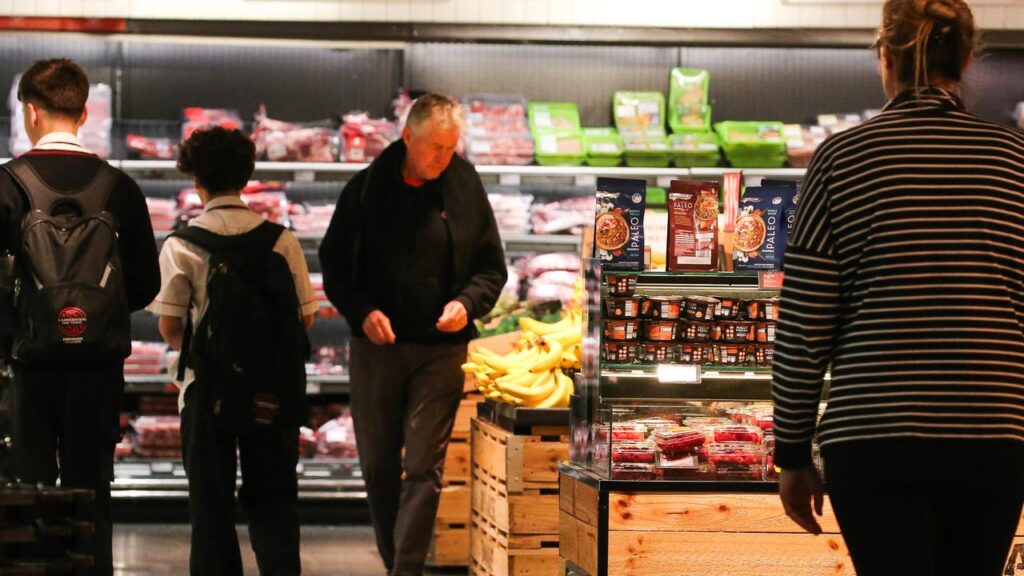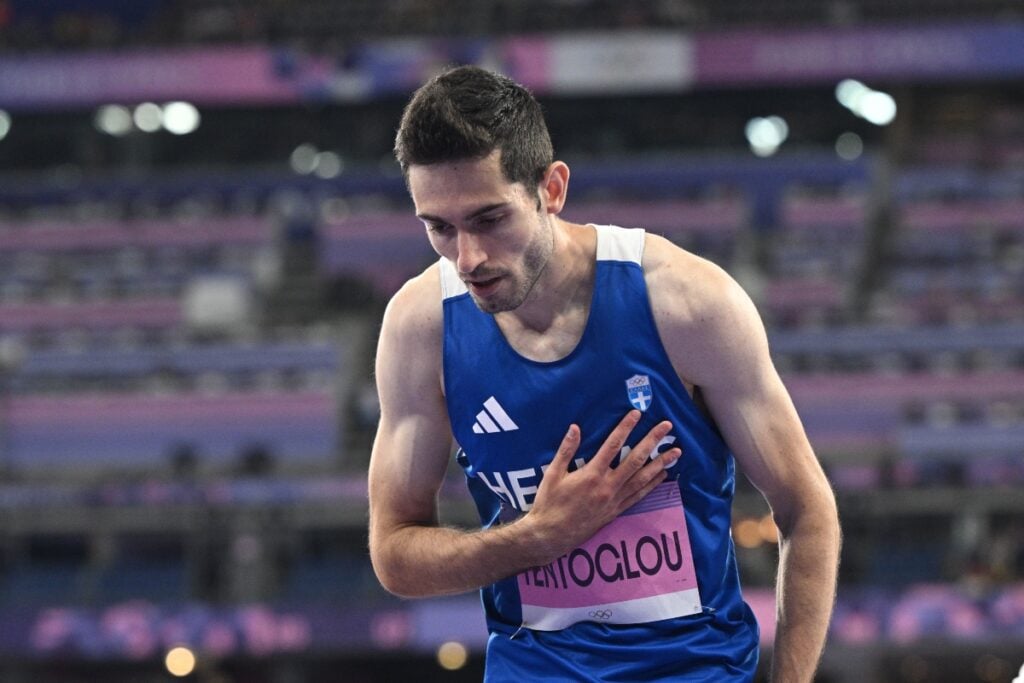Cruel rule costing Aussie gold
Written by admin on August 7, 2024
At just six years of age, Setayesh Golshani began taekwondo following her evacuation from offshore detention on Nauru to Australia.
Without formal training, the Iranian athlete turned to online videos to master the martial sport. Despite the setbacks, her ongoing determination has been widely recognised, with coach Joshua Flinn lauding her as an “outstanding young role model” for her “bravery and strong work ethic”.
Over the past two years, Setayesh, now 14, has excelled locally, statewide, and nationally, winning a bronze medal at the Australian National Championships and securing a spot in the Queensland Performance Squad – an elite group of the state’s top 30 athletes. She is now preparing for the Australian Open.
“Taekwondo gives meaning to my life,” Setayesh said. “On the mat, I shed pain, find freedom, and forget whatever hurts.”
Cruel barrier
But today, Setayesh faces a new barrier – Australia’s asylum policies are barring her from attending a crucial international training camp in Taiwan.
These travel restrictions, tied to her asylum status, are hindering her opportunities to enhance her international profile, compete with top global athletes, including current world champions and Olympic players, and potentially competing at the Olympics.
In all previous competitions, she has competed under Australia’s flag, despite her refugee status. But by the time she is officially granted citizenship, her career will have already been hindered by Australia’s policy.
“It’s painful to see my peers advance despite working less, only because they have a passport,” Setayesh said.
Her immigration status makes her ineligible for UNHCR travel documents, jeopardising her right to return to Australia if she leaves.
Despite Article 28 of the 1951 UN Refugee Convention entitling legally residing refugees in Australia to a travel document, Australia’s Migration Act restricts this right for those transferred from Nauru for “temporary purposes” such as medical care, unless ministerial intervention is granted.
Setayesh’s case underscores a significant disjunction between Australia’s refugee policies and its national sporting interests.
The imposition of restrictions that preclude talented refugee athletes from representing the nation jeopardises substantial opportunities for international recognition and success. This policy misalignment undermines national interests by excluding exceptional athletes from enhancing the country’s global sporting reputation and raises critical concerns about gender equity and justice in sport.
Australia’s deterrence-based asylum policies disproportionately disadvantage female athletes from refugee backgrounds, such as Setayesh, constraining their development and competitive prospects. This systemic exclusion represents a failure to uphold principles of equality and meritocracy within the sporting domain.
Reforming these policies to enable refugee athletes to compete on an equal basis would not only bolster Australia’s sporting achievements, but also align with commitments to gender equality and fair play. The current policy, by limiting individual potential, compromises Australia’s broader sporting ambitions and reveals a significant gap between policy and national interests.
Setayesh’s journey
Setayesh’s journey began at age three. In September 2013, she and her parents arrived in Australia aboard the vessel Calvert. By four, she was among the youngest children forcibly transferred from Christmas Island to Nauru. Her family later obtained refugee status through the Nauruan Status Determination Process.
Despite Parliament’s policy of detaining minors only as a “last resort”, Setayesh spent more than two years in closed detention facilities from 2013 to mid-2015. Her release into community detention in Brisbane came only after ministerial intervention, following evacuation to Darwin for medical treatment.
Setayesh’s medical records reveal exposure to gender-based violence, inadequate privacy, ill-fitting clothes, and witnessing self-harm and suicide among refugees. Psychiatric reports indicate visceral fears, intrusive nightmares, and withdrawal symptoms due to her conditions at Nauru and Wickham Point detention centres.
“Remembering Nauru makes everything feel dark, and I experience nausea and a terrible stomach ache,” Setayesh said.
Matter of ‘national interest’
Undeterred, Setayesh has turned her struggle into advocacy. She has reached out to ministers, framing her situation as a matter of “national interest” that aligns with Australia’s commitment to supporting women and girls in sports.
“Why can’t all girls living in Australia have access to the same opportunities?” she asked.
Despite the government’s sports diplomacy through its National Sport Plan, the Women’s Sports Foundation reports a significant decline in high school girls’ sports participation, due to a lack of female athletic role models.
In an ironic instance, on August 13, as part of Red Room Poetry’s Writing in Resistance program, Setayesh will perform her debut poem and deliver a public speech at the very institution that once symbolised her own marginalisation to address her exclusion.
Her objectives are to call on global athletes to support refugee girls on bridging visas, urge the government to provide access to travel documents, and confront the prevailing stereotypes of refugee minors as “faceless children who once lived in mouldy tents and needed to be picked up by advocates”.
Professor Kate Ogg, a refugee law expert at the Australian National University, states that a Certificate of Identity does not guarantee Setayesh’s re-entry into Australia. Using a country of origin’s passport may jeopardise a refugee’s status. Yet when the Refugee Convention was drafted in the 1950s, states recognised that global mobility was essential for refugee protection, as it allows access to education and employment.
The Immigration Minister will ultimately decide whether Setayesh’s case meets the criteria for lifting her visa restrictions and issuing a travel document.
Last month, the issue was referred to Clare O’Neil, the Minister of Home Affairs, who has not commented on whether she has exercised her discretion under Section 46B.
‘Unfreedom’
The UN and human rights organisations, including Amnesty International, have advocated for the long-overdue criminalisation of gender apartheid in international law as a form of institutionalised systemic domination and discrimination in Iran.
However, Setayesh’s journey under Australia’s asylum regime also exposes persistent state violence and gender apartheid with racialised dimensions, breaching international law and leaving minors “alive but in a state of injury”.
The continuum of unfreedom and state violence extends from her home country, Iran, to her pursuit of sanctuary in Australia.
Her prolonged detention, reduction of her six-month bridging visa to three months without explanation, exclusion from higher education, experience of gender-based violence, and denial of the chance to represent Australia in her chosen sport underscore the nation’s superficial commitment to addressing gender and racial justice.
More Coverage
The Australian Human Rights Commission’s recent report reveals that governments at all levels are failing on racism. The Commissioner’s call for a national anti-racism plan offers a critical opportunity to address gendered racism affecting female and non-binary refugees.
Such a plan could enable evidence-based policy reforms, support litigation against racialised and gendered exclusions, and establish mechanisms to prevent impunity for perpetrators.
Dr Saba Vasefi is a multi-award-winning scholar-journalist who writes extensively on the gendered violence of Australia’s extraterritorial asylum regime on Nauru. She is an honorary postdoctoral fellow at Macquarie University and a lecturer at the University of Sydney. | @SabaVasefi






